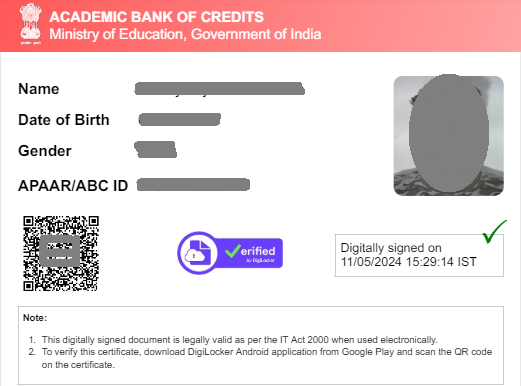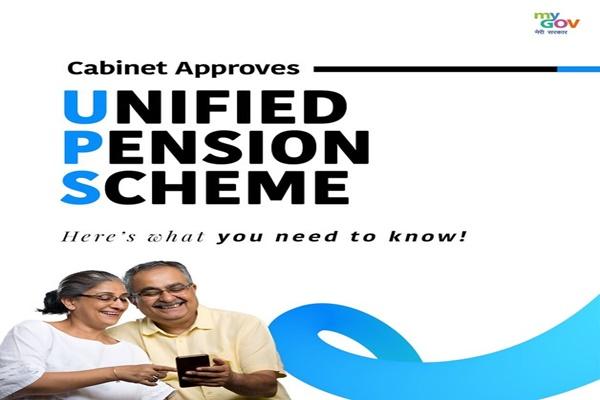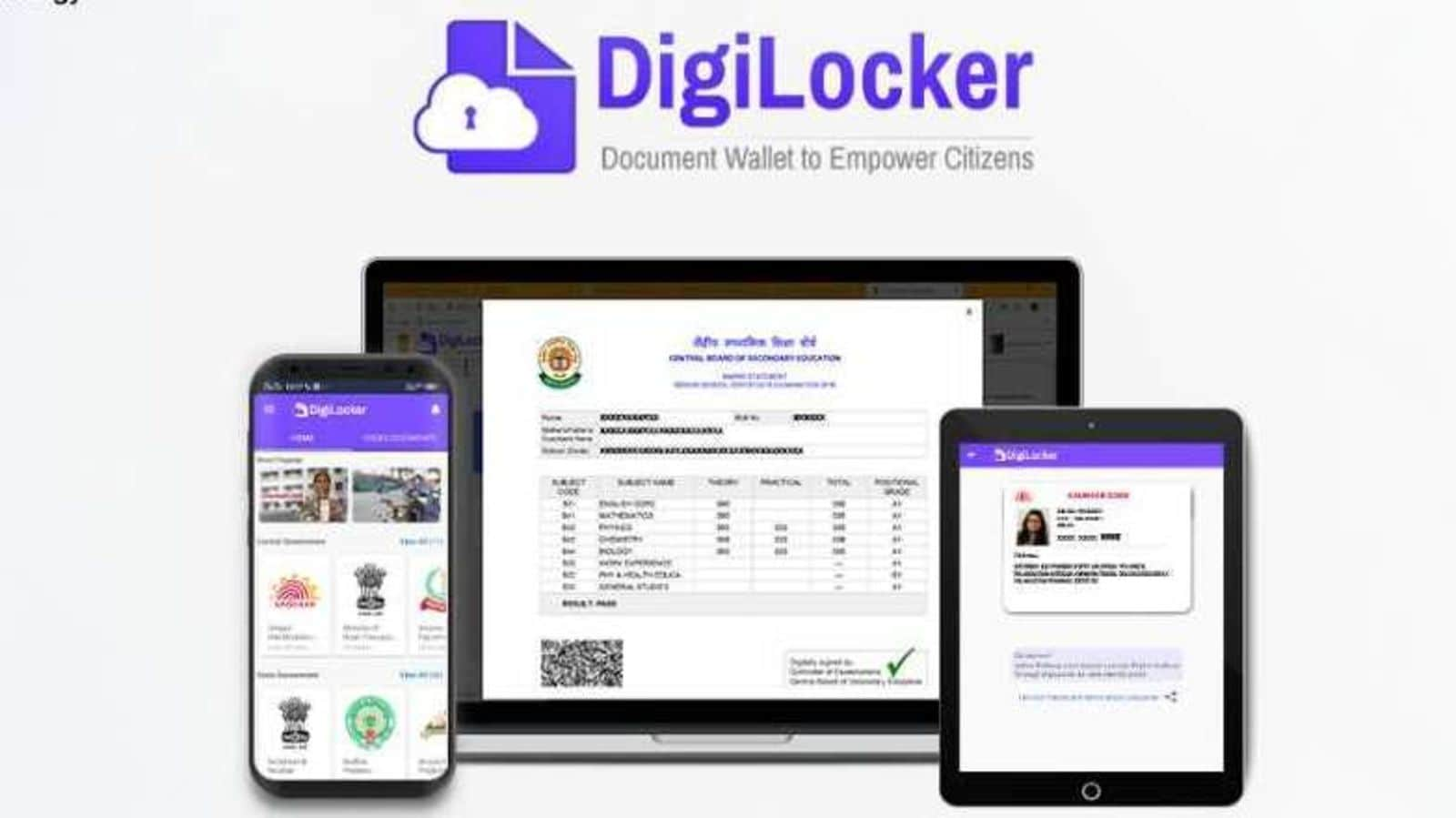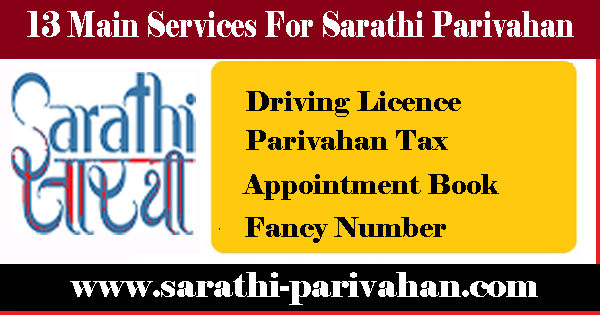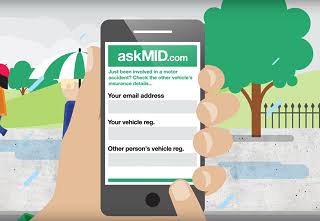TN Patta Chitta : Download & FMB Check 2025
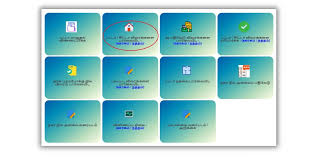
Strong 8k brings an ultra-HD IPTV experience to your living room and your pocket.
When it comes to land ownership and property transactions in Tamil Nadu, Patta and Chitta are two vital documents that every landowner or prospective buyer must be familiar with. These land records not only serve as proof of ownership but also help in identifying the legal status and classification of land. In this blog, we’ll dive into what Patta Chitta means, why it is important, how to apply for it online, and common FAQs related to it.
What is Patta?
Patta is a legal document issued by the government in the name of the actual owner of a piece of land. It is also known as the Record of Rights (RoR). It contains important details such as:
* Name of the landowner
* Patta number
* Survey number and subdivision
* District, taluk, and village
* Area or extent of the land
* Tax details
* Type of land (wetland or dryland)
Purpose of Patta
Patta is crucial for:
* Establishing legal ownership of land
* Selling or transferring property
* Applying for loans
* Land disputes or legal proceedings
What is Chitta?
Chitta is another land revenue document maintained by the Village Administrative Officer (VAO) and the Taluk office. It provides information about:
* Ownership of land
* Type of land (Nanjai – wetland or Punjai – dryland)
* Area of land
The key difference from Patta is that Chitta focuses more on land classification and usage, whereas Patta proves ownership.
Patta and Chitta Merger
Until a few years ago, Patta and Chitta were maintained as separate documents. However, in 2015, the Tamil Nadu government merged both into a single document called the 'Patta', which now includes all necessary land-related details.
How to Apply for Patta Chitta Online
The Government of Tamil Nadu has made it easy to apply for and check Patta Chitta details online through the official Tamil Nadu Revenue Department website.
Steps to Apply or View Patta Chitta Online:
1. Visit the official website: [https://eservices.tn.gov.in/](https://eservices.tn.gov.in/)
2. Click on "View Patta & FMB / Chitta / TSLR Extract"
3. Select your District**, Taluk, Village
4. Choose one of the options: Patta Number or Survey Number
5. Enter the authentication value (captcha)
6. Click on submit
7. Your land details including ownership, type, and survey map (FMB sketch) will be displayed
Documents Required for Patta Transfer
When transferring Patta (for example, after a property purchase), you typically need:
* Sale deed (original and copy)
* Copy of previous Patta
* Encumbrance certificate
* Property tax receipts
* Application form for Patta transfer
Submit these at the local Taluk office or online portal depending on the district’s digitization status.
Importance of Patta Chitta
Legal Ownership: Patta serves as the official proof of land ownership.
Property Disputes: Helps resolve legal disputes related to land.
Land Conversion: Essential for changing the nature of land use (e.g., agricultural to residential).
Loan Sanction: Banks require Patta as proof before issuing a loan against property.
Transparency: Brings transparency in land deals and real estate transactions.
FAQs About Patta Chitta
1. Is Patta required for house sites?
Yes, especially if the house is on an individual plot of land. It's not applicable for apartments but is essential for land parcels.
2. Can I get Patta for land without a proper sale deed?
No, you need legal documents showing ownership such as a registered sale deed.
3. Is there a fee for applying online?
A nominal fee (usually around Rs. 100) is charged when applying or downloading online.
4. Can I check Patta status without a Patta number?
Yes, you can use the Survey Number option to retrieve land details.
Conclusion
Understanding Patta Chitta is crucial for anyone dealing with land in Tamil Nadu. Whether you are buying, selling, or just maintaining records, these documents provide legitimacy and protection. With the Tamil Nadu government’s push toward digitization, accessing these records has become faster and more convenient.
Note: IndiBlogHub features both user-submitted and editorial content. We do not verify third-party contributions. Read our Disclaimer and Privacy Policyfor details.



